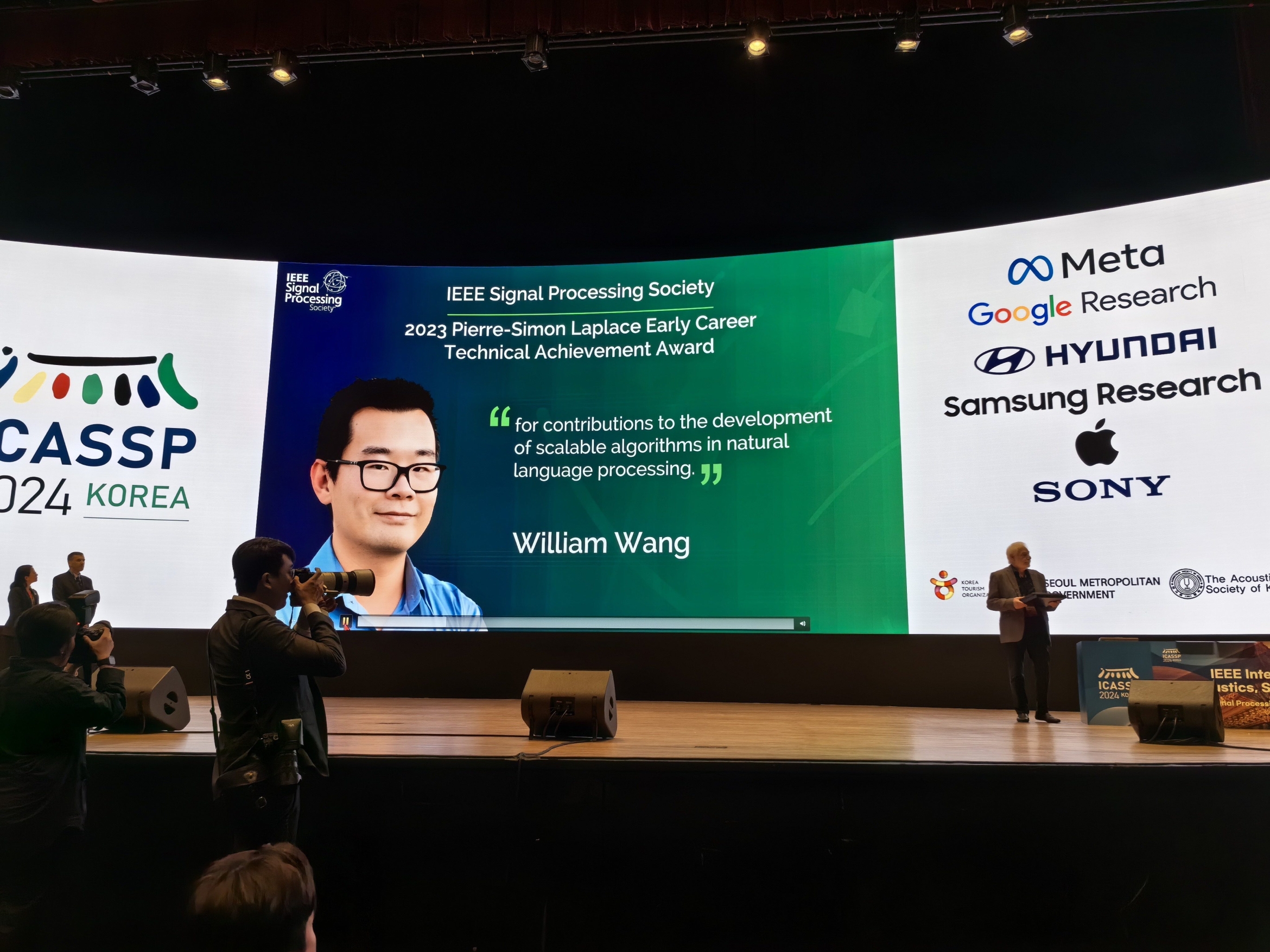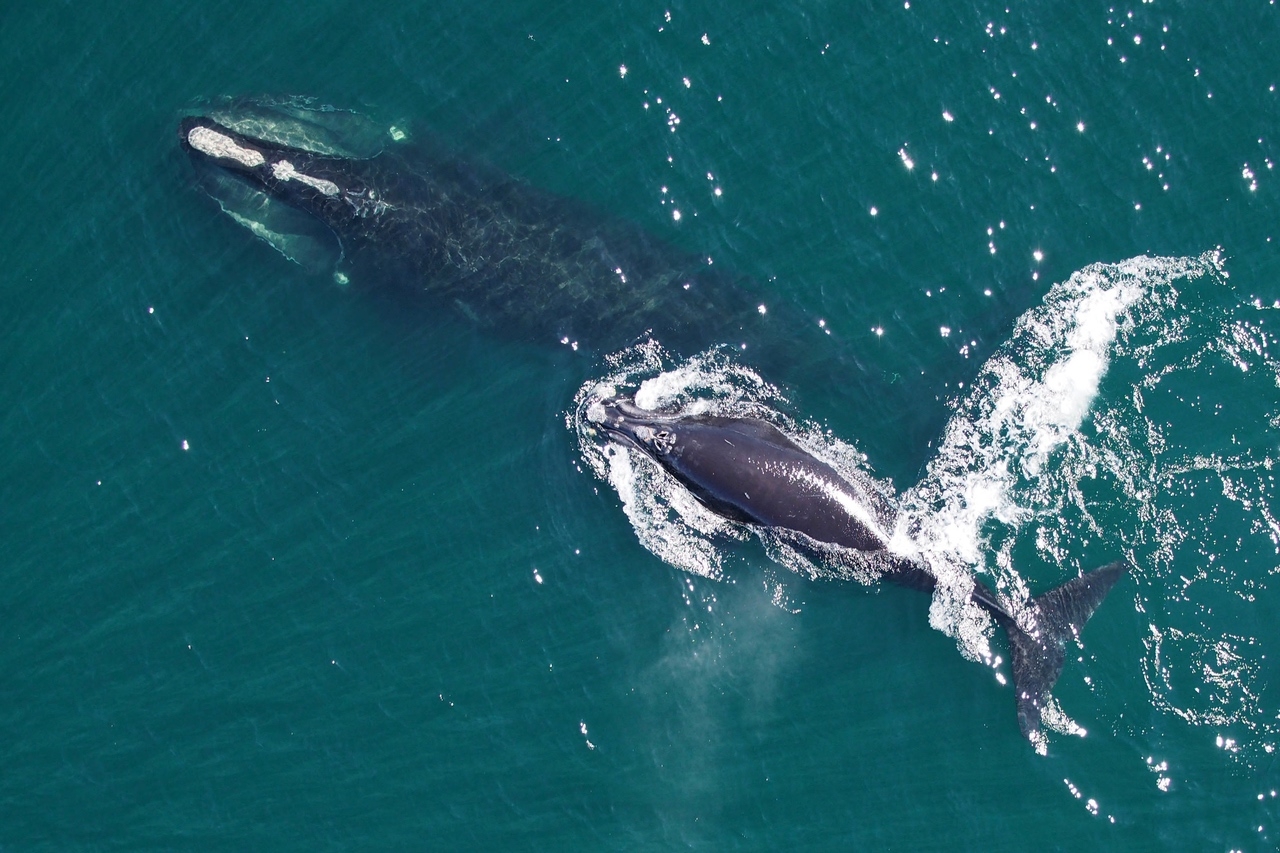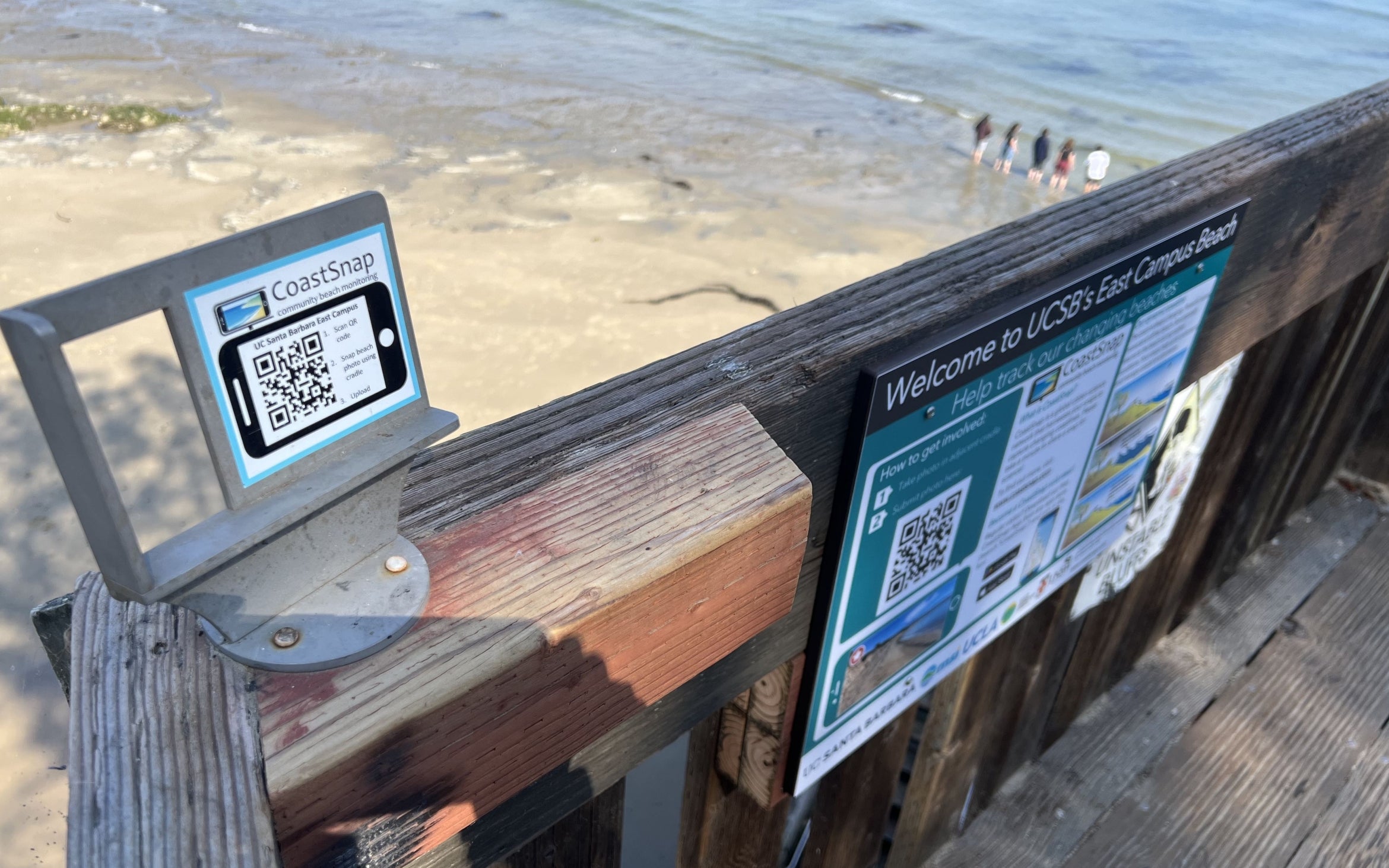Top scientists will present the current state of research on stem cells at a UC Santa Barbara-sponsored town hall meeting July 18 from 2-4 p.m. in the Hatlen Theater.
The goal of the meeting, which is free and open to the public, is to raise public awareness about stem cell research in the Santa Barbara community.
"Recent Advances in Stem Cell Research – Science and Medical Therapies on the Horizon" will feature Congresswoman Lois Capps; Dennis O. Clegg, professor and co-director of the UCSB Center for Stem Cell Biology and Engineering; James A. Thomson, professor and an international pioneer in stem cell research; Robert Klein, chair of the Independent Citizens' Oversight Committee of the California Institute for Regenerative Medicine; and Dr. Lois Jovanovic, chief executive officer and chief scientific officer of Sansum Diabetes Research Institute in Santa Barbara.
The meeting will conclude with a panel discussion and a question and answer session.
"Even though we can now reprogram adult skin cells into multipurpose stem cells, it is far too early to abandon the use of human embryonic stem cell lines," Clegg said. "Federal funding remains a critical need if we are to advance the work being done to alleviate the suffering of individuals with diseases such as Alzheimer's, Parkinson's, age-related macular degeneration, and diabetes."
Clegg, chair of UCSB's Department of Cellular, Molecular, and Developmental Biology (MCDB), studies neural development and regeneration, with an emphasis in stem cell research. He is a member of the UCSB Neuroscience Research Institute and is director of the UCSB Training Program in Stem Cell Biology.
Capps, a Democrat representing the Central Coast's 23rd District, has been a longtime supporter of stem cell research. "As a nurse and someone with friends and family members whose lives could benefit from embryonic stem cell research, it pains me to see scientists prevented from conducting work that they believe will produce life-saving results," Capps said. "It is my hope that next year we will have a president who will lift the misguided federal ban on stem cell research so we can move forward in realizing the promise that stem cell research offers for millions of Americans."
In early May, the California Institute for Regenerative Medicine, established with $3 billion by voters in 2004, granted UCSB $3.2 million to build a state-of-the-art stem cell research facility. UCSB also received a training grant of $1.3 million in 2005 from CIRM to support graduate and postdoctoral fellows engaged in a variety of stem cell projects.
"The citizens of California should be proud of their support for human embryonic stem cell research, but the uneven funding and regulatory landscape between states means that many talented scientists have been effectively excluded from this research," Thomson explained. "The degenerative diseases which may be impacted by stem cell research are of comparable importance to cancer, yet there is no national equivalent to the war on cancer for regenerative medicine. The war on cancer was strongly associated with the Oval Office, and I am optimistic that leadership in this area from Washington will improve after the coming election."
Thomson, who holds faculty appointments at UCSB and the University of Wisconsin, Madison, is often called the "father of stem cell research" because he pioneered work in the isolation and culture of non-human primate and human embryonic stem cells.
Thomson's most recent work shows that human skin cells can be reprogrammed to become pluripotent stem cells with all the properties of embryonic stem cells. These "induced pluripotent stem" cells (iPS cells) have implications for regenerative medicine, since it should now be possible to generate patient-specific, immunologically matched stem cells without using embryos.
But there are still major challenges to address before iPS cells, or any stem cell, can be used for therapy. Scientists' understanding of the molecular mechanisms that underlie stem cell potency, self-renewal, and differentiation is still incomplete. In addition, new, interdisciplinary bioengineering strategies for stem cell production, characterization, growth, purification, and delivery are needed.
Jovanovic, an adjunct professor at UCSB and chair of the UCSB Embryonic Stem Cell Research Oversight Committee, is working on "closing the loop" with insulin algorithms that incorporate the continuous glucose monitoring of an intravascular glucose sensor to regulate the insulin infusion of an implanted, continuous insulin pump. This technology will eventually serve as an artificial beta-cell and thus ease the lives of people with Type 1, insulin-dependent diabetes, Jovanovic said.
"Despite President Bush's statement in his State of the Union Address that we no longer need embryonic stem cell research, the fact is there is no evidence yet that adult cells converted to primitive cells can then be coaxed to become other types of cells, such as nerve, heart, bone marrow or pancreas," Jovanovic said. "Fortunately, the state still supports
embryonic stem cell research. At UCSB, we are strongly committed to continued studies of human embryonic stem cells. We want the Santa Barbara community to know we are still in business."
The town hall meeting is sponsored by the UCSB Office of Research, College of Engineering, Neuroscience Research Institute, and Center for Stem Cell Biology and Engineering. The program is being organized by the UCSB Embryonic Stem Cell Research Oversight Committee.
Free parking will be available in lot 22. See the lot attendant for a permit.
Related Links



